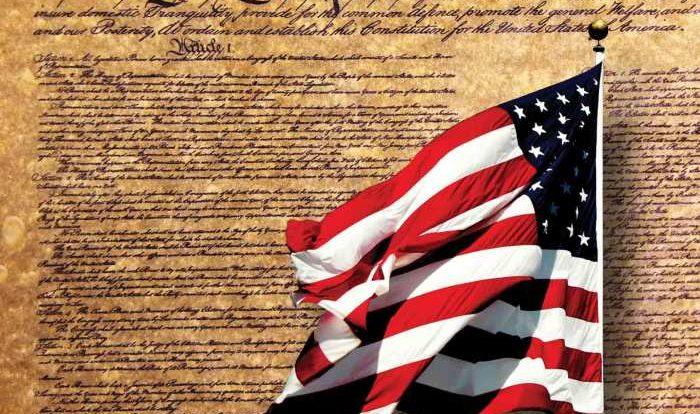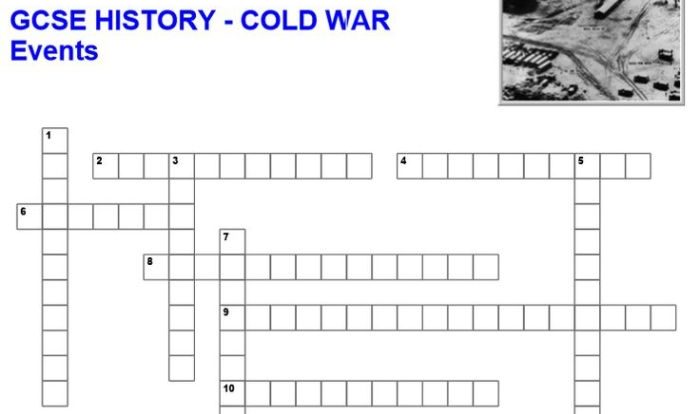Embark on an intellectual journey into the realm of colonial era settlement crossword clue, where history, culture, and intrigue intertwine. This comprehensive guide delves into the depths of these settlements, unraveling their characteristics, geographical distribution, and profound impact on societies past and present.
From their inception to their enduring legacy, colonial era settlements stand as testaments to human ambition, conflict, and the indomitable spirit of exploration. Join us as we decipher the enigmatic clues surrounding these settlements, shedding light on their multifaceted nature and enduring relevance.
Colonial Era Settlement: Colonial Era Settlement Crossword Clue
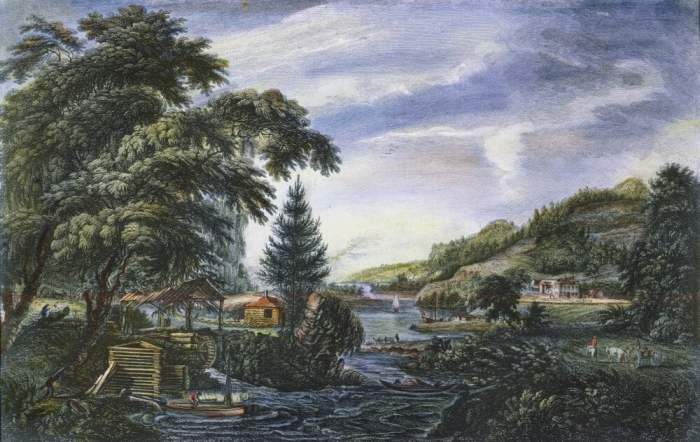
In a crossword puzzle, “colonial era settlement” refers to a community established by a colonizing power during the period of European colonization from the 15th to the 20th centuries. These settlements served as outposts for imperial expansion, economic exploitation, and cultural exchange.
Colonial era settlements played a significant role in shaping the political, economic, and social landscapes of the world, leaving a lasting impact on indigenous populations and the development of modern societies.
Characteristics and Types
Colonial era settlements shared certain common characteristics:
- Purpose:Established for economic exploitation (e.g., trade, resource extraction), political control, or religious missions.
- Location:Often situated on coastal areas or navigable rivers for strategic access and transportation.
- Layout:Typically designed with a central square or plaza surrounded by government buildings, churches, and residences.
Different types of colonial settlements emerged based on their governing structures, economic activities, and cultural influences:
- Crown Colonies:Directly ruled by the colonizing power, with appointed governors and officials.
- Proprietary Colonies:Granted to private individuals or companies with self-governing authority.
- Charter Colonies:Established by royal charters, providing greater autonomy and self-governance.
- Mission Settlements:Founded by religious organizations for proselytization and cultural assimilation.
- Trading Posts:Temporary or permanent settlements established for commercial purposes, often along trade routes.
Geographical Distribution
Colonial era settlements were established in various regions around the world, including:
- North America:English, French, Spanish, and Dutch settlements along the Atlantic coast and interior.
- South America:Spanish and Portuguese settlements in Central and South America, exploiting mineral resources and establishing plantations.
- Africa:European settlements along the coasts and inland, for trade, resource extraction, and political control.
- Asia:British, Dutch, French, and Portuguese settlements in India, Southeast Asia, and China, for trade and imperial expansion.
- Oceania:British, French, and Dutch settlements in Australia, New Zealand, and the Pacific Islands, for penal colonies, trade, and resource exploitation.
Social and Cultural Impact
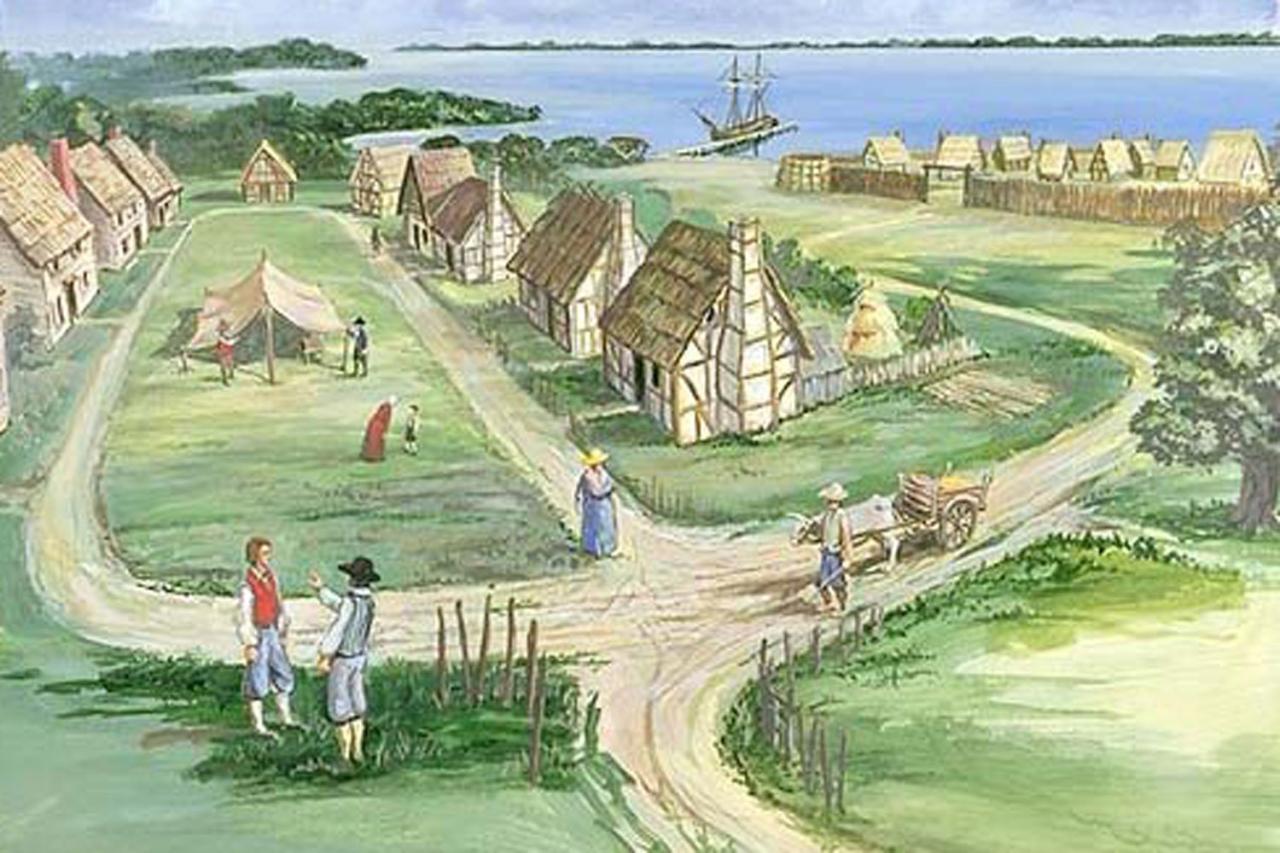
Colonial era settlements had a profound impact on indigenous communities:
- Cultural Exchange:Introduced new technologies, ideas, and customs, leading to cultural assimilation and hybridization.
- Social Disruption:Displaced indigenous populations, disrupted traditional economies and social structures.
- Conflict and Resistance:Indigenous communities often resisted colonial expansion, leading to conflicts and wars.
- Demographic Changes:European settlers introduced diseases, leading to population decline among indigenous populations.
Architectural Heritage
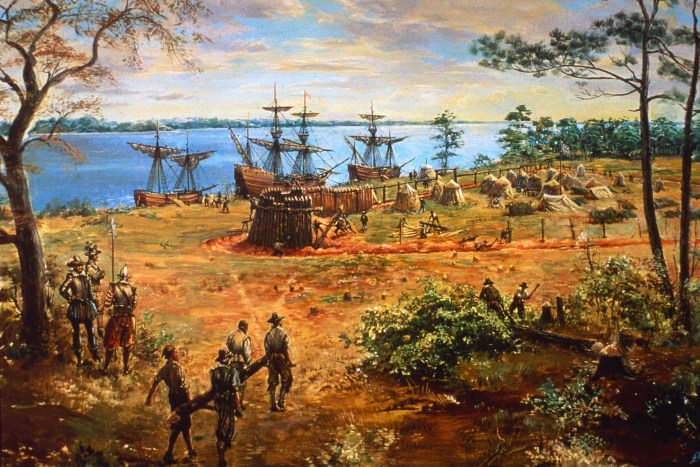
Colonial era settlements left a lasting architectural legacy:
- Colonial Architecture:Distinct styles influenced by European traditions, local materials, and climatic conditions.
- Fortified Structures:Forts, castles, and walls built for defense and control.
- Religious Buildings:Churches, cathedrals, and missions, reflecting the influence of Christianity.
- Government Buildings:Town halls, courthouses, and administrative offices, showcasing colonial authority.
- Residential Architecture:Homes and mansions, reflecting the social hierarchy and economic status of settlers.
Economic and Political Significance
Colonial era settlements played a vital economic and political role:
- Economic Exploitation:Resource extraction, cash crop cultivation, and trade monopolies, benefiting colonizing powers.
- Political Control:Settlements established as centers of colonial administration, enforcing imperial laws and regulations.
- Empire Building:Settlements expanded colonial territories, consolidating imperial power and influence.
- Global Trade:Settlements facilitated trade between colonies and metropolitan centers, stimulating economic growth.
Legacy and Contemporary Relevance
Colonial era settlements continue to have an impact on present-day societies:
- Historical Landmarks:Preserved settlements serve as historical landmarks, attracting tourists and providing insights into the past.
- Cultural Identity:Colonial heritage influences cultural identity and national narratives in former colonies.
- Economic Development:Former settlements remain important economic centers, benefiting from infrastructure and resources established during the colonial period.
- Ongoing Impact:Colonial legacies, such as land dispossession and social inequality, continue to shape contemporary societies.
Questions and Answers
What is the significance of colonial era settlements in understanding historical events?
Colonial era settlements serve as crucial windows into the past, providing insights into the motivations, strategies, and consequences of colonial expansion.
How did colonial era settlements impact indigenous communities?
Colonial era settlements often had profound social and cultural consequences for indigenous populations, leading to displacement, conflict, and cultural exchange.
What are some notable examples of architectural heritage from colonial era settlements?
Examples of iconic colonial-era architecture include the Old Town of Edinburgh, the Historic Center of Oaxaca, and the Taj Mahal in India.
